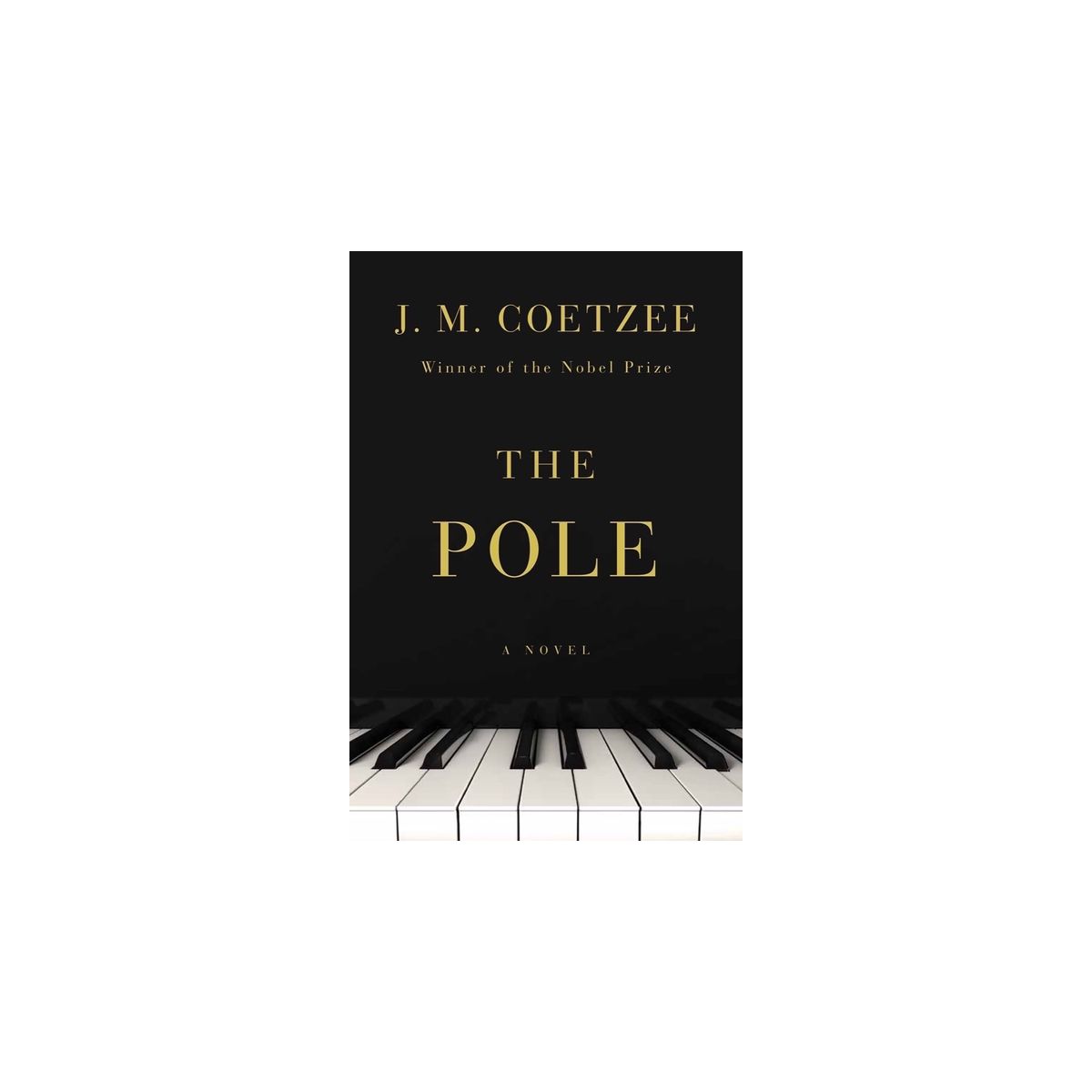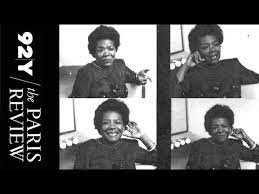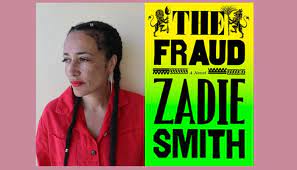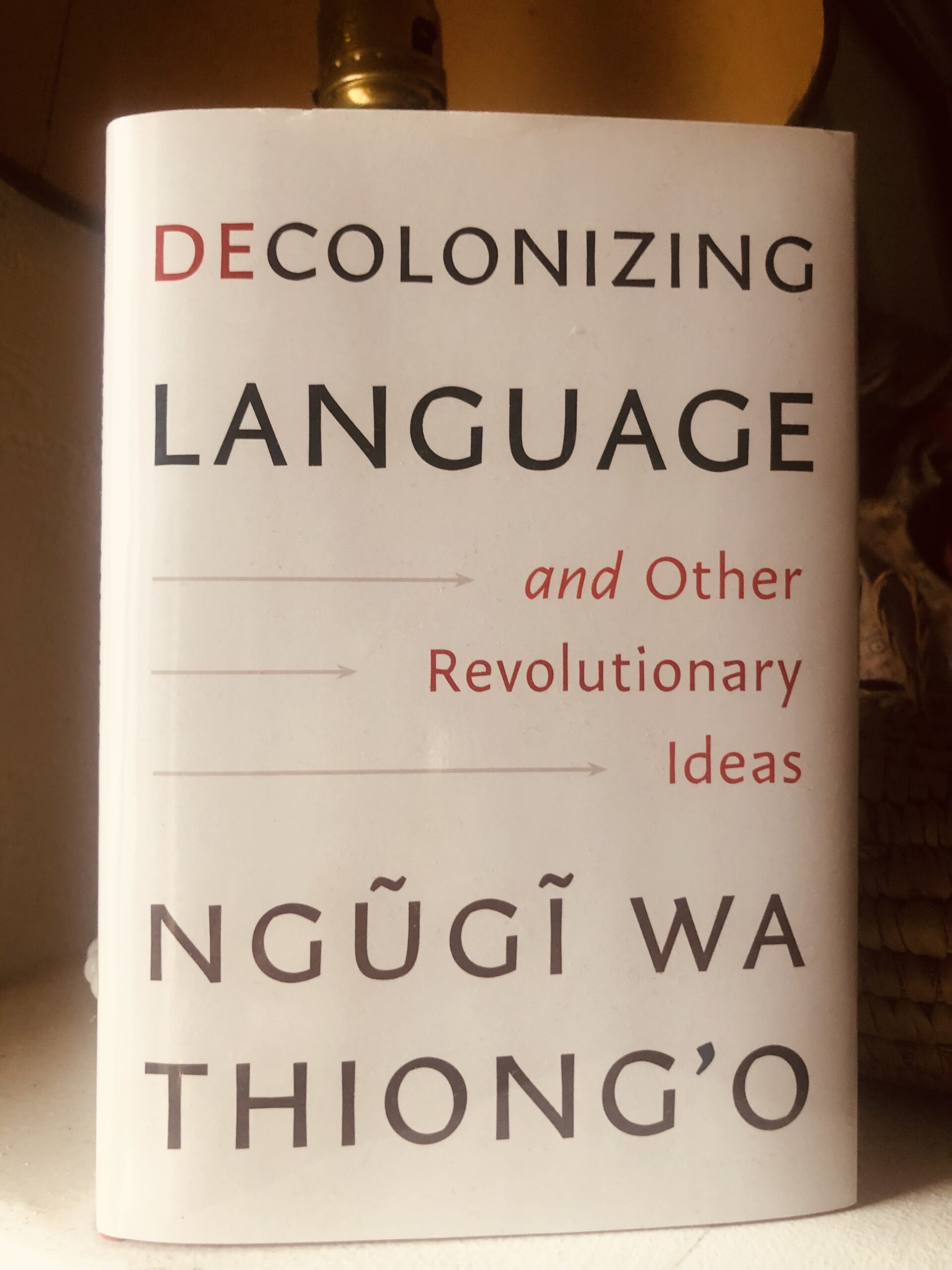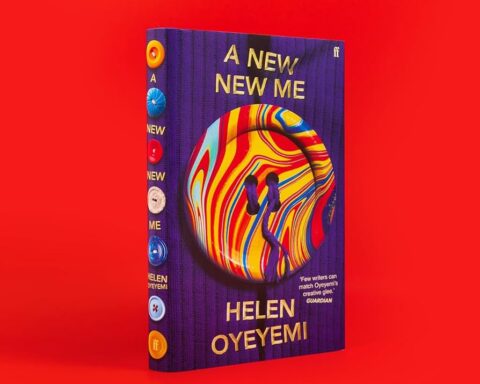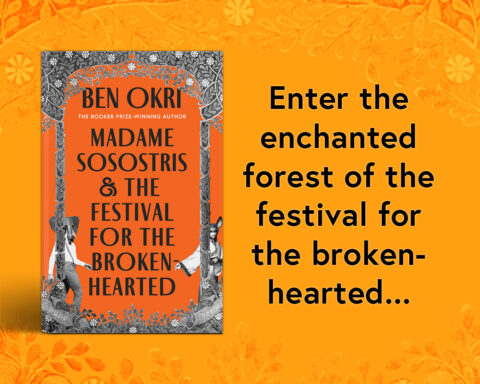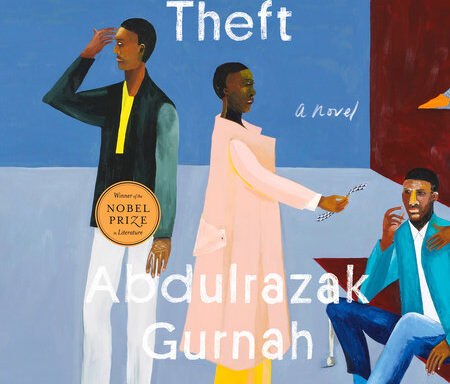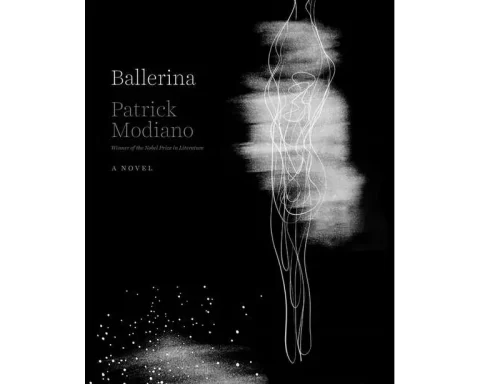One of Vanity Fair‘s “Best Books of the Fall”
From the Nobel Prize-winning author of Disgrace, a psychologically probing, compulsively readable novel about love and the mutability of human relationships.
Renowned for his sparse yet powerful prose, J. M. Coetzee is unquestionably among the most influential―and provocative―authors of our time. With characteristic insight and a “brittle wit that forces our attention on the common terrors we don’t want to think about” (Washington Post), Coetzee here challenges us to interrogate our preconceptions not only of love, but of truth itself.
Exacting yet unpredictable, pithy yet complex, Coetzee’s The Pole tells the story of Wittold Walccyzkiecz, a vigorous, extravagantly white-haired pianist and interpreter of Chopin who becomes infatuated with Beatriz, a stylish patron of the arts, after she helps organize his concert in Barcelona. Although Beatriz, a married woman, is initially unimpressed by Wittold and his “gleaming dentures,” she soon finds herself pursued and ineluctably swept into his world. As the journeyman performer sends her countless letters, extends invitations to travel, and even visits her husband’s summer home in Mallorca, their unlikely relationship blossoms, though only on Beatriz’s terms.
The power struggle between them intensifies, eventually escalating into a full-fledged battle of the sexes. But is it Beatriz who limits their passion by paralyzing her emotions? Or is it Wittold, the old man at his typewriter, trying to force into life his dream of love? Reinventing the all-encompassing love of the poet Dante for his Beatrice, Coetzee exposes the fundamentally enigmatic nature of romance, showing how a chance meeting between strangers―even “a Pole, a man of seventy, a vigorous seventy,” and a stultified “banker’s wife who occupies her days in good works”―can suddenly change everything.
Reminiscent of James Joyce’s “The Dead” in its exploration of love and loss, The Pole, with lean prose and surprising feints, is a haunting work, evoking the “inexhaustible palette of sensations, from blind love to compassion” (Berna González Harbour, El País) typical of Coetzee’s finest novels.
Editorial Reviews
Review
― Vanity Fair, “Best Books of the Fall”
“Exquisitely elevating the fundamental influences of music and language, The Pole unequivocally affirms the often enigmatic relationships among art, love, and human experience.”
― George Kendall, Booklist, starred review
“[R]ich and engrossing . . . The prose is unornamented but nevertheless consistently incisive. Coetzee’s ability to render the human condition in all its vagaries is as masterful as ever.”
― Publishers Weekly
“The writer who reinvents the rules of the genre in which he writes is an outlaw. . . . Coetzee has been an outlaw novelist since 1973.”
― Benjamin Ogden, New York Times Book Review
“Coetzee may turn out to be one of the last great novelists, exalted by the intensity of his self-awareness and his willingness to make his home in a spiritual and intellectual impasse of which few of his contemporaries were even aware.”
― Pankaj Mishra, Nation
“[Coetzee] is a consummate withholder, one of the great masters of the unsaid and the inexplicit.”
― Fintan O’Toole, New York Review of Books
“Coetzee . . . writes with a scalpel-like economy of effect; his sentences are coiled springs, and the energy they release would take other writers pages to summon.”
― Daphne Merkin, The New Yorker
About the Author


